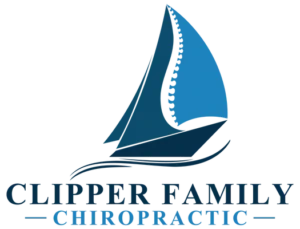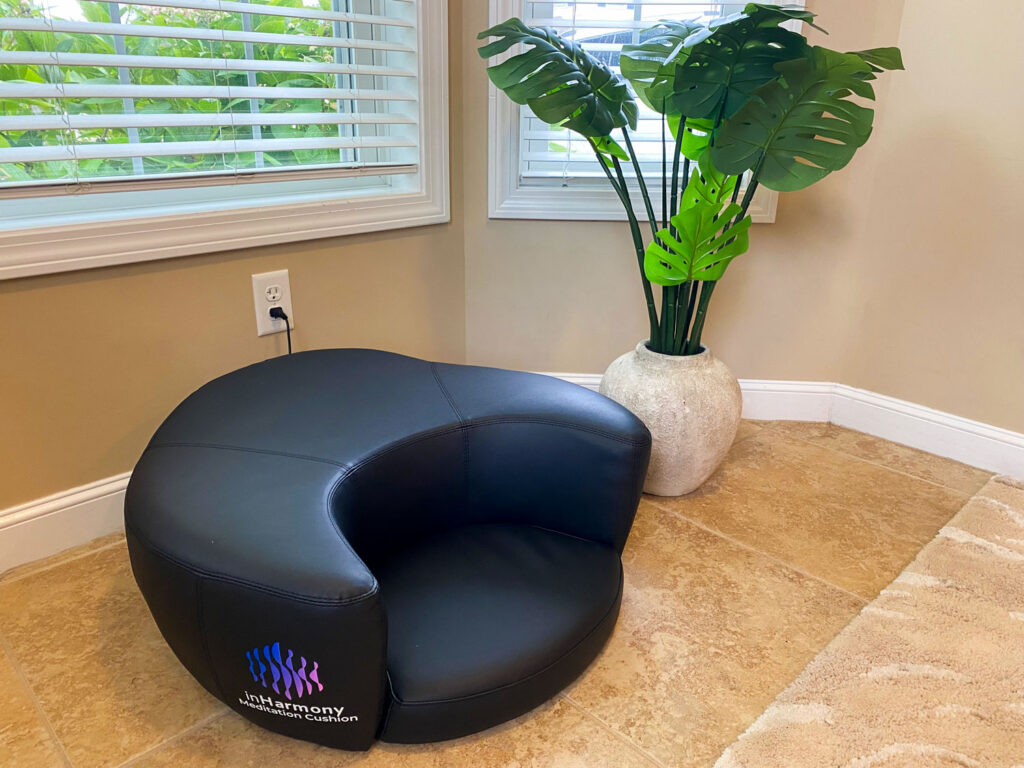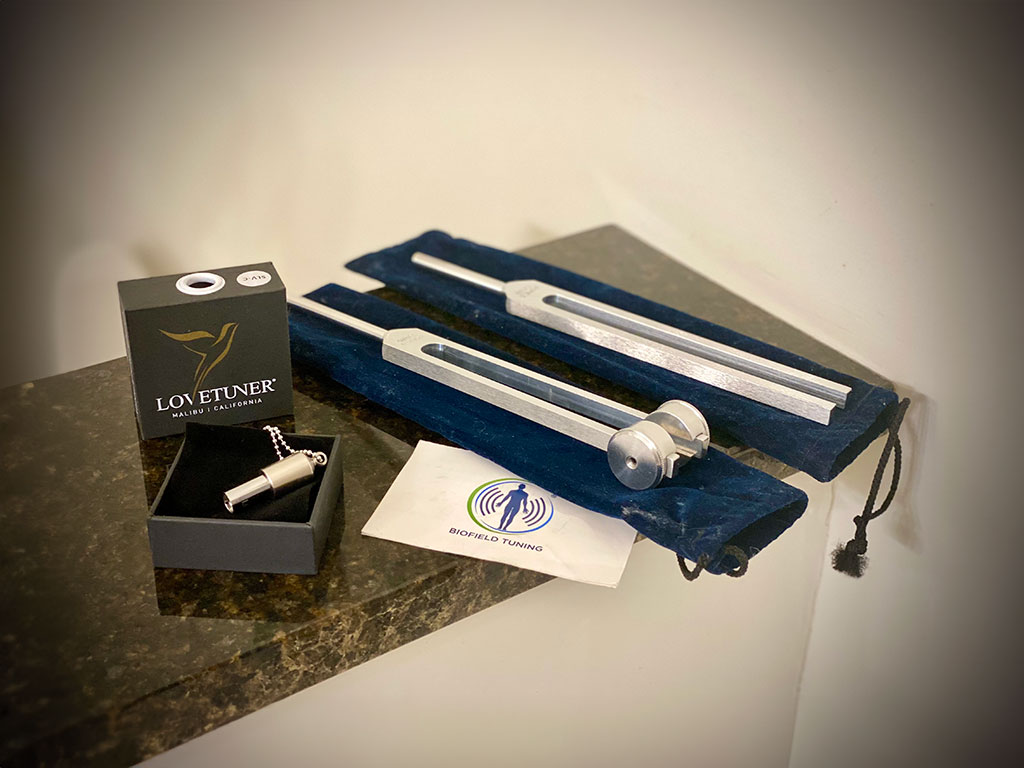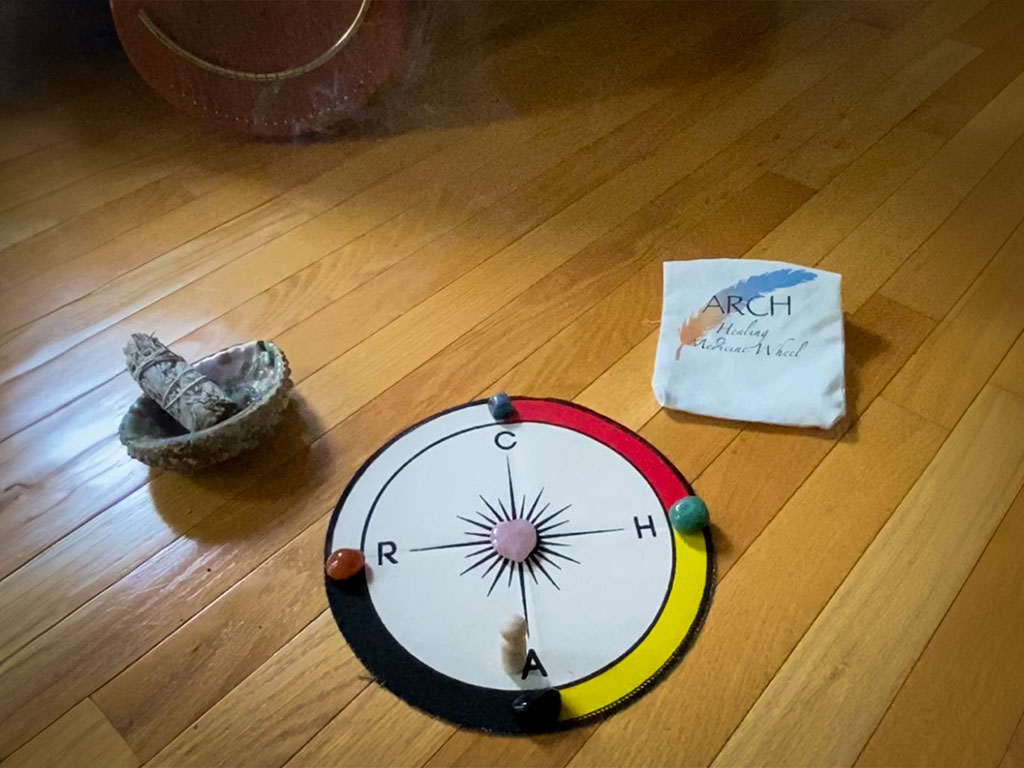Attention Deficit Hyperactivity Disorder (ADHD) is a neurodevelopmental condition that affects millions of people worldwide, particularly children. Common symptoms include difficulty focusing, hyperactivity, impulsive behaviors, and trouble with organization and time management. While traditional treatments like medication and behavioral therapy are the most well-known interventions, there is growing interest in complementary approaches that may help alleviate ADHD symptoms. One such method is chiropractic care, particularly spinal adjustments, which is gaining recognition for its potential in improving ADHD-related symptoms.
Understanding ADHD and Its Challenges
ADHD is often treated with stimulant medications, such as methylphenidate (Ritalin) or amphetamine-based drugs (Adderall), which can help increase focus and reduce hyperactivity in some individuals. However, these medications don’t work for everyone and can come with side effects like appetite suppression, sleep disturbances, and mood swings. Because of this, many parents and individuals are seeking alternative treatments to help manage symptoms of ADHD.
Chiropractic care, especially when combined with other therapies, offers a natural, non-invasive approach that focuses on optimizing the nervous system’s functioning, which plays a critical role in attention, mood, and behavior.
How Chiropractic Adjustments Work
Chiropractors focus on the relationship between the spine and the nervous system. Misalignments or subluxations in the spine can disrupt the communication pathways between the brain and the body. When these pathways are not functioning properly, it can affect a person’s overall health, including cognitive function and behavior. Through spinal adjustments, chiropractors aim to correct these misalignments, ensuring that the nervous system can function optimally.
For individuals with ADHD, improved nervous system function may help regulate impulsivity, reduce hyperactivity, and enhance focus. While chiropractic care does not claim to “cure” ADHD, it may support the body’s natural ability to balance and heal itself, potentially improving some symptoms associated with the disorder.
The Neurological Connection Between ADHD and Chiropractic Care
The central nervous system (CNS), composed of the brain and spinal cord, is the command center for all cognitive and physical functions. In individuals with ADHD, there are often irregularities in brain wave patterns and communication within the CNS. Chiropractors aim to reduce interference in the CNS by adjusting spinal misalignments, which in turn may have positive effects on the brain’s ability to process and regulate sensory information and behavior.
When the spine is properly aligned, blood flow to the brain improves, which may enhance cognitive function. Chiropractic adjustments also stimulate the parasympathetic nervous system, the part of the nervous system responsible for calming the body and regulating mood, attention, and impulse control. By fostering balance within the CNS, chiropractic care could contribute to better behavioral and cognitive outcomes for individuals with ADHD.
Scientific Evidence and Clinical Findings
Research on chiropractic care and its impact on ADHD symptoms is still in its early stages, but several case studies and clinical reports suggest promising results. For example, some studies have reported improvements in children’s attention spans, reductions in hyperactive behavior, and enhancements in overall cognitive function after undergoing chiropractic treatment.
One study published in the *Journal of Manipulative and Physiological Therapeutics* (JMPT) reviewed the effects of chiropractic care on children with learning and behavioral disorders. Many of these children showed marked improvements in their symptoms, including those related to ADHD, after receiving chiropractic adjustments. While more rigorous, large-scale studies are needed to confirm these findings, early reports are encouraging.
Holistic Benefits of Chiropractic Adjustments for ADHD
Chiropractic care’s benefits extend beyond addressing the immediate symptoms of ADHD. As a holistic practice, chiropractic care supports the body’s overall health and well-being. Regular adjustments can help with:
1. Improved Sleep: Many individuals with ADHD struggle with sleep issues, which can exacerbate symptoms like irritability and lack of focus. Chiropractic adjustments can improve sleep quality by promoting relaxation and reducing physical tension.
2. Reduced Stress and Anxiety: By calming the nervous system, chiropractic care can help reduce stress and anxiety levels, which often go hand-in-hand with ADHD.
3. Enhanced Mood Regulation: The parasympathetic nervous system activation that results from spinal adjustments can help with mood stabilization, reducing mood swings, and improving emotional regulation.
4. Better Posture and Physical Health: Chiropractic adjustments correct posture and reduce physical discomforts, such as neck and back pain. Improved physical health can positively affect cognitive and emotional well-being.
A Complementary Approach
It is important to note that chiropractic care should be considered a complementary treatment for ADHD, not a replacement for conventional medical treatments. For best results, it should be integrated into a comprehensive care plan that includes behavioral therapy, dietary adjustments, exercise, and, when appropriate, medication.
Conclusion
Chiropractic care is an exciting and growing field of complementary treatment for ADHD. By addressing misalignments in the spine and optimizing nervous system function, chiropractic adjustments may help reduce hyperactivity, improve focus, and enhance emotional regulation in individuals with ADHD. For those seeking natural, holistic approaches to managing ADHD, chiropractic care offers a non-invasive option that promotes overall well-being, potentially improving not only ADHD symptoms but also the individual’s quality of life.
If you or a loved one are considering chiropractic care for ADHD, it’s important to consult with a licensed chiropractor experienced in working with neurodevelopmental conditions. Collaborating with your healthcare provider ensures that any chiropractic intervention is safe and tailored to your specific needs.
References:
Fairest, C., & Russell, D. (2019). Improvement in behavior and attention in a 7-year-old girl with ADHD receiving chiropractic care: A case report and review of the literature. Journal of Contemporary Chiropractic, 2(1), 52-57.
Muir, J. M. (2012). Chiropractic management of a patient with symptoms of attention-deficit/hyperactivity disorder. Journal of Chiropractic Medicine, 11(4), 280-287. https://doi.org/10.1016/j.jcm.2012.09.002
Alcantara, J., & Davis, J. (2010). The chiropractic care of children with attention-deficit/hyperactivity disorder: A retrospective case series. Explore: The Journal of Science and Healing, 6(3), 173-182. https://doi.org/10.1016/j.explore.2010.02.002
Clipper Family Chiropractic
Dr. Sarah McCartney is the owner and lead chiropractor at Clipper Family Chiropractic in Newburyport. She offers a variety of chiropractic services aimed at promoting overall wellness for families and individuals. Specializing in gentle, effective adjustments for people of all ages, Dr. McCartney focuses on spinal health, posture correction, and relief from pain due to injury, stress, or chronic conditions. Her practice also emphasizes holistic care, supporting patients in improving their overall health and well-being through personalized treatment plans, wellness education, and preventative care strategies.
Clipper Family Chiropractic
31 Green Street, Newburyport, Massachusetts 01950, United States
Office Phone: 978-378-9620
Direct Email: ClipperFamilyChiro@gmail.com
Check her website here: https://clipperfamilychiro.com/







